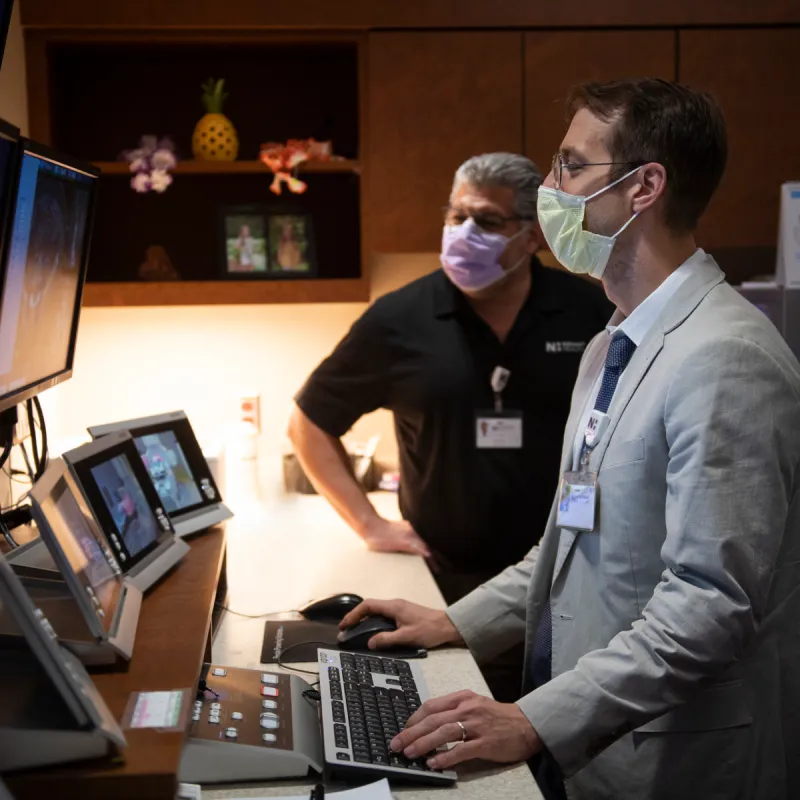Multiple Myeloma & Amyloidosis
Access advanced treatment and compassionate support close to home.
Find nationally recognized blood cancer care when and where you need it right here in North Carolina. The hematology and oncology experts at Novant Health Cancer Institute offer specialized care for multiple myeloma and amyloidosis, using the latest treatments within a nurturing environment. You’ll have access to new therapies offered in clinical trials, along with services to support you throughout your cancer journey.
What is Multiple Myeloma (MM)?
Multiple myeloma (MM) is blood cancer in your plasma cells, which are responsible for making antibodies to protect you against infections. African Americans are twice as likely to be diagnosed with multiple Myeloma than Caucasians. This blood cancer is also more common in men.
The number of people diagnosed with multiple myeloma has been increasing over the past two decades. Fortunately, the survival rate for multiple myeloma has been improving due to new, more effective drugs.
Multiple Myeloma symptoms
If you are diagnosed with multiple myeloma cancer, your immune system is low, which puts you at risk for infections. Multiple myeloma is often discovered when your primary care doctor detects an elevated protein in your blood. Further tests can reveal whether you have multiple myeloma or a pre-myeloma condition called Monoclonal Gammopathy of Undetermined Significance (MGUS). If you do have signs or symptoms, they may include:
• Foamy urine from protein in the urine
• Kidney disease
• Anemia (low blood count)
• Bone fractures
• Bone and back pain
• Infections
Multiple myeloma treatments
You’ll start with blood and urine tests to look for the abnormal proteins produced by the plasma (myeloma) cells. Next you’ll undergo a bone marrow biopsy and genetic testing. X-rays like CT scans, PET/CT and MRI help us evaluate your bones for myeloma lesions and determine the best treatment.
Your entire care team will work closely with you to provide a personalized treatment plan. Our goal is to provide therapies that help you achieve remission (disappearance of symptoms) and maintain a good quality of life. Your plan may include one or more therapies, including:
• Induction therapy using a combination of oral and IV/subcutaneous drugs
• Stem cell transplant
• Post-transplant or maintenance chemotherapy
• Immunotherapy
• Clinical trials of new drugs
Why Choose Novant Health Cancer Institute for your Multiple Myeloma care?
In our quest to find a cure for multiple myeloma, our experts offer the latest technologies and state-of-the-art therapies including immunotherapy treatment and advanced clinical research. When you come to the multiple myeloma program at Novant Health Cancer Institute, you are cared for like friends and family. Expect remarkable care combined with kindness and compassion from our team of cancer experts.

Access nationally recognized specialists for amyloidosis diagnosis & treatment.
What is Amyloidosis?
Amyloidosis is a rare disease caused by abnormal protein deposits that get into your organs and interfere with their normal function. With over 30 different proteins that can lead to amyloidosis, it’s essential that you quickly identify the source so you can begin treatment as soon as possible.
Amyloidosis symptoms
Your symptoms can vary widely based on which organs are involved. Sometimes a diagnosis of amyloidosis is overlooked because your symptoms may be similar to those of more common conditions. You are most likely to be diagnosed if you experience heart failure or nerve issues with symptoms like numbness, tingling or pain. Kidney failure or foamy urine is another possible sign.
Amyloidosis treatments
Amyloidosis is diagnosed with a tissue sample taken from your abdomen, bone marrow or the affected organ. We also look at blood work and imaging tests to determine the phase of cancer and develop the best treatment options for you.
Your hematologist and oncologist will work closely with you and other experts on our team to get you started on your amyloidosis treatment. These may include one or more of the following:
- Targeted Therapies: For non-cancerous forms of amyloidosis, targeted therapies can shut down production of the amyloid protein or limit amyloid deposits into your organs. Some of these therapies must be given in a clinic and others can be taken at home.
- Chemotherapy: In cancerous forms of amyloidosis, chemotherapy kills or slows the growth of cells that produce abnormal amyloid protein. Chemotherapy is administered orally, by injection or intravenously. Some forms of chemotherapy must be given in a clinic, others can be given at home.
- Stem Cell Transplant: Performed in cancerous forms of amyloidosis, high doses of chemotherapy kill amyloid-producing cells and shut down the bone marrow. Stem cells are then transplanted to help “rebuild” your bone marrow over several weeks. Your type of amyloidosis and your overall health helps determine if transplantation is right for you.
Amyloidosis patient resources
Why Choose Novant?
You’ll be treated by a multidisciplinary team, which works together to evaluate each case of amyloidosis and consider your best treatment options. Because amyloidosis can affect your heart, kidney, liver and other organs, you’ll have many specialists on your amyloidosis team, including hematologist/oncologists, bone marrow transplant specialists, cardiologists, kidney specialists, gastroenterologists and neurologists. We have extensive experience treating amyloidosis and its complications. We regularly discuss your care, collect opinions and offer coordinated treatment and follow up.
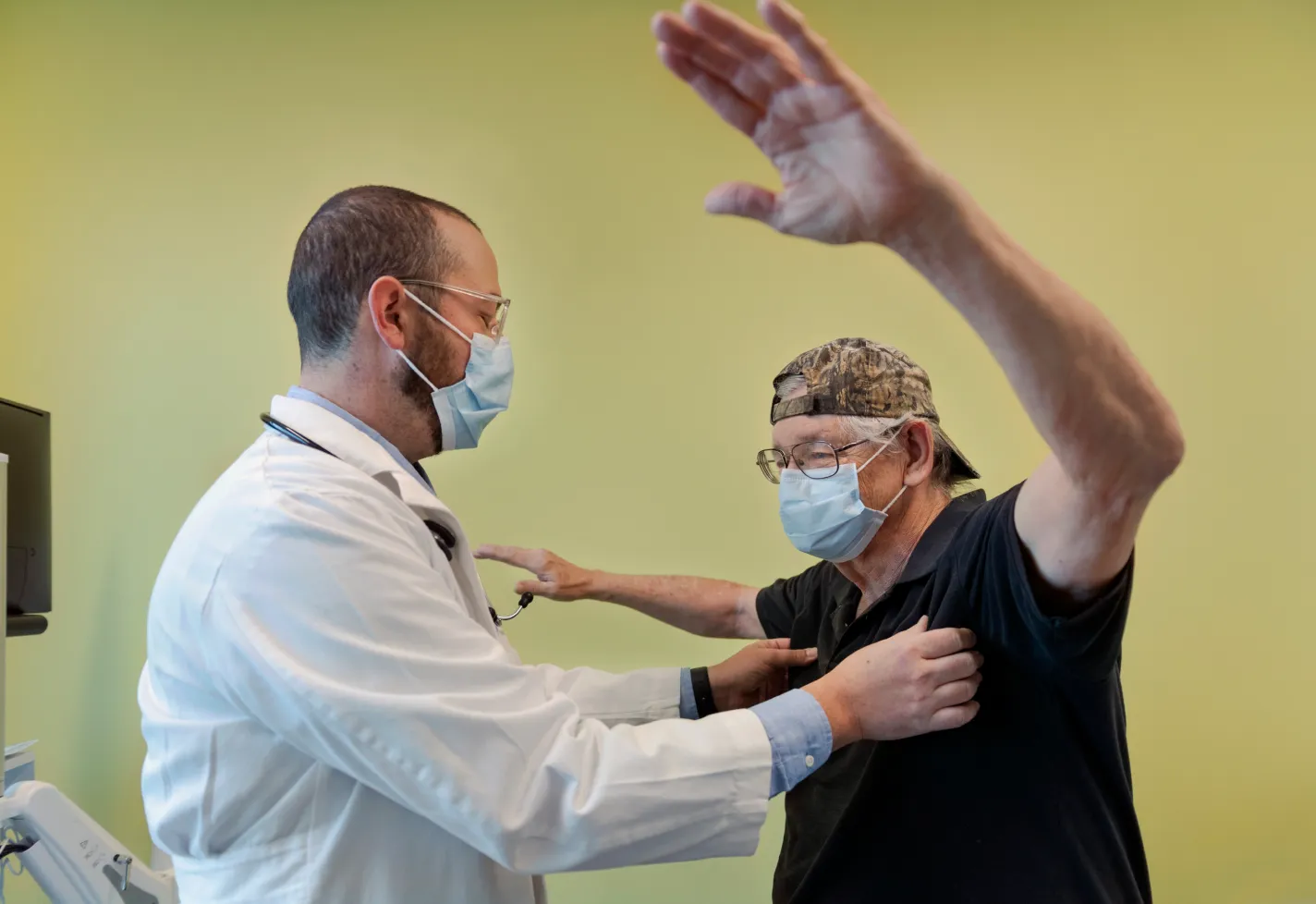
You’re Entitled to a Second Opinion.
Are you concerned or confused about a cancer diagnosis or treatment recommendation you've received?
Another perspective on your case and options can give you some peace of mind. Reach out for a virtual session or in-person consultation.
Experience the Future of Cancer Care, Today.
Together, we can beat cancer. Clinical research studies drive breakthroughs in the prevention, detection and treatment of many cancer conditions.
If eligible to join a clinical trial, you could access new cancer treatments before they’re available to the general public. Explore clinical trials and speak with your cancer team to see if any are right for you.
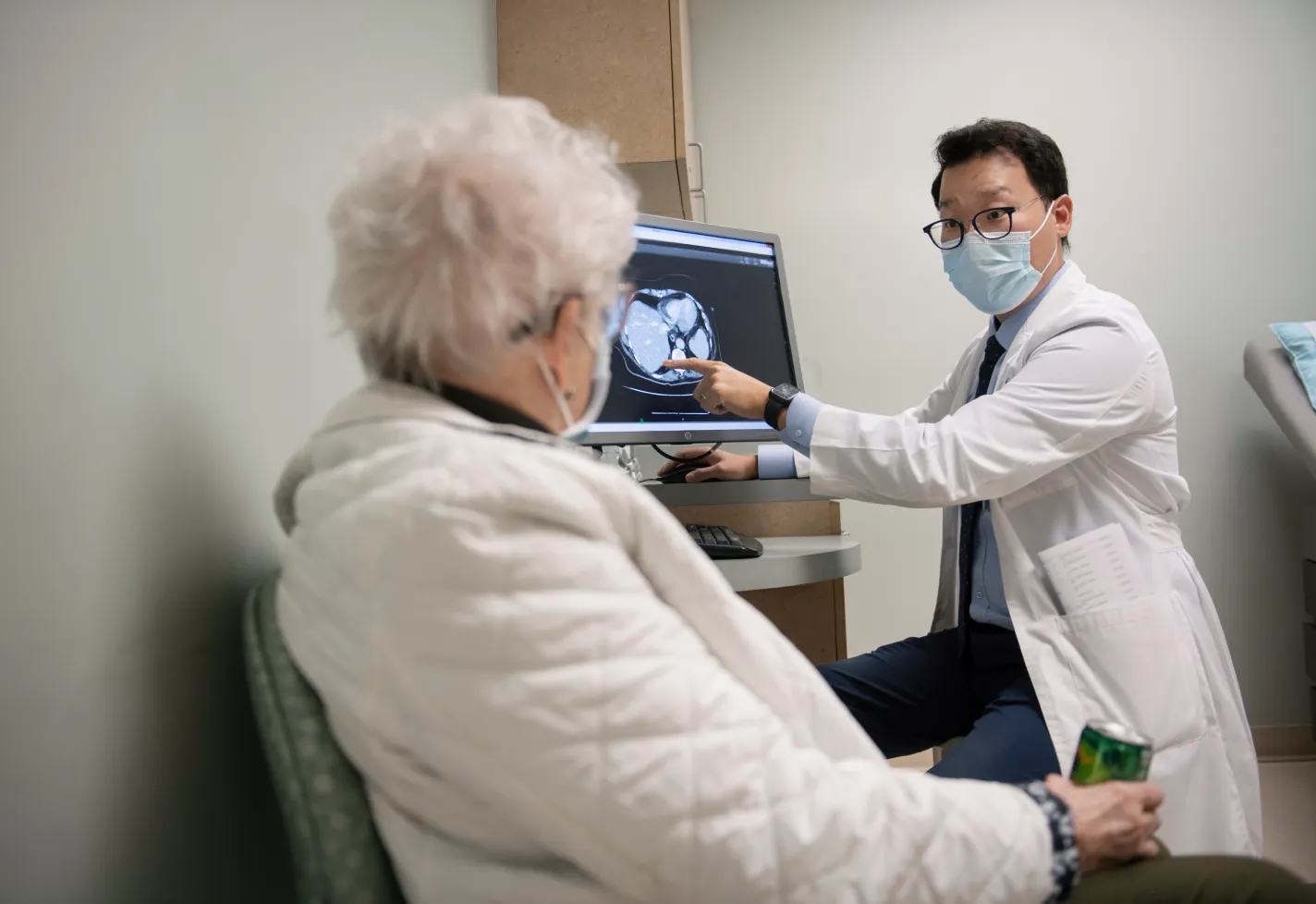
Search for Clinical Trials at Novant Health
Why Choose Novant Health?
Accredited by multiple national organizations, including the Commission on Cancer and the Quality Oncology Practice Initiative (QOPI®), your Novant Health physician is committed to providing excellence in cancer care. You can feel confident that you will be supported throughout your cancer journey by a specialized team of experts focused on your specific needs. We work in state-of-the-art cancer care centers that are among the best in the country.
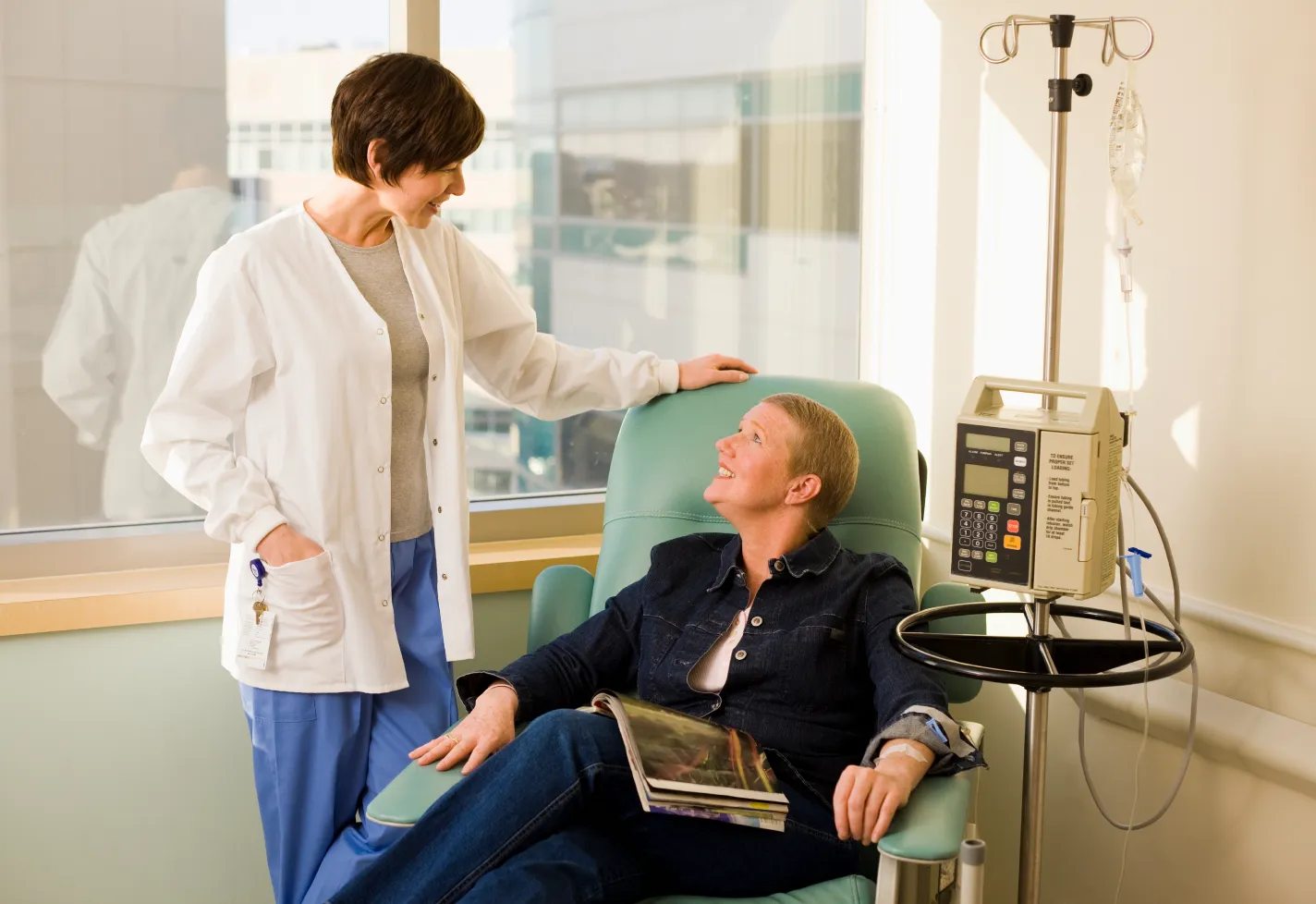
Your cancer journey is unique. That’s why our nationally recognized cancer teams work with you to develop a personalized care plan. At Novant Health, you’ll have access to the most current treatment options available only at leading cancer institutes. Your treatment may include clinical research trials or robotics, microsurgeries, new radiation technologies, or cellular and immune therapies. Together, we can treat your cancer, manage your symptoms, and provide you with support at all stages.
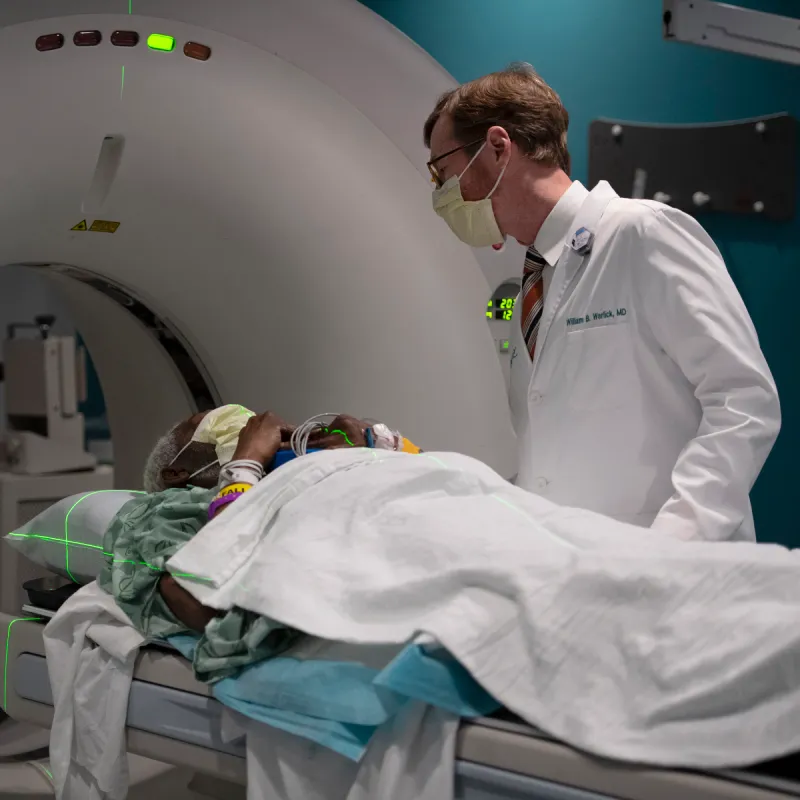
You're not alone on your cancer journey. At Novant Health, rest assured you’ll have all the resources you need to tackle your life-changing diagnosis. Our multidisciplinary, collaborative approach brings together experts with knowledge from different specialties to support you every step of the way. In addition to oncologists, radiologists, and surgeons, your team may include nurse navigators, nutritionists, integrative medicine specialists, genetic counselors, social workers, symptom management and palliative care specialists, and more.
